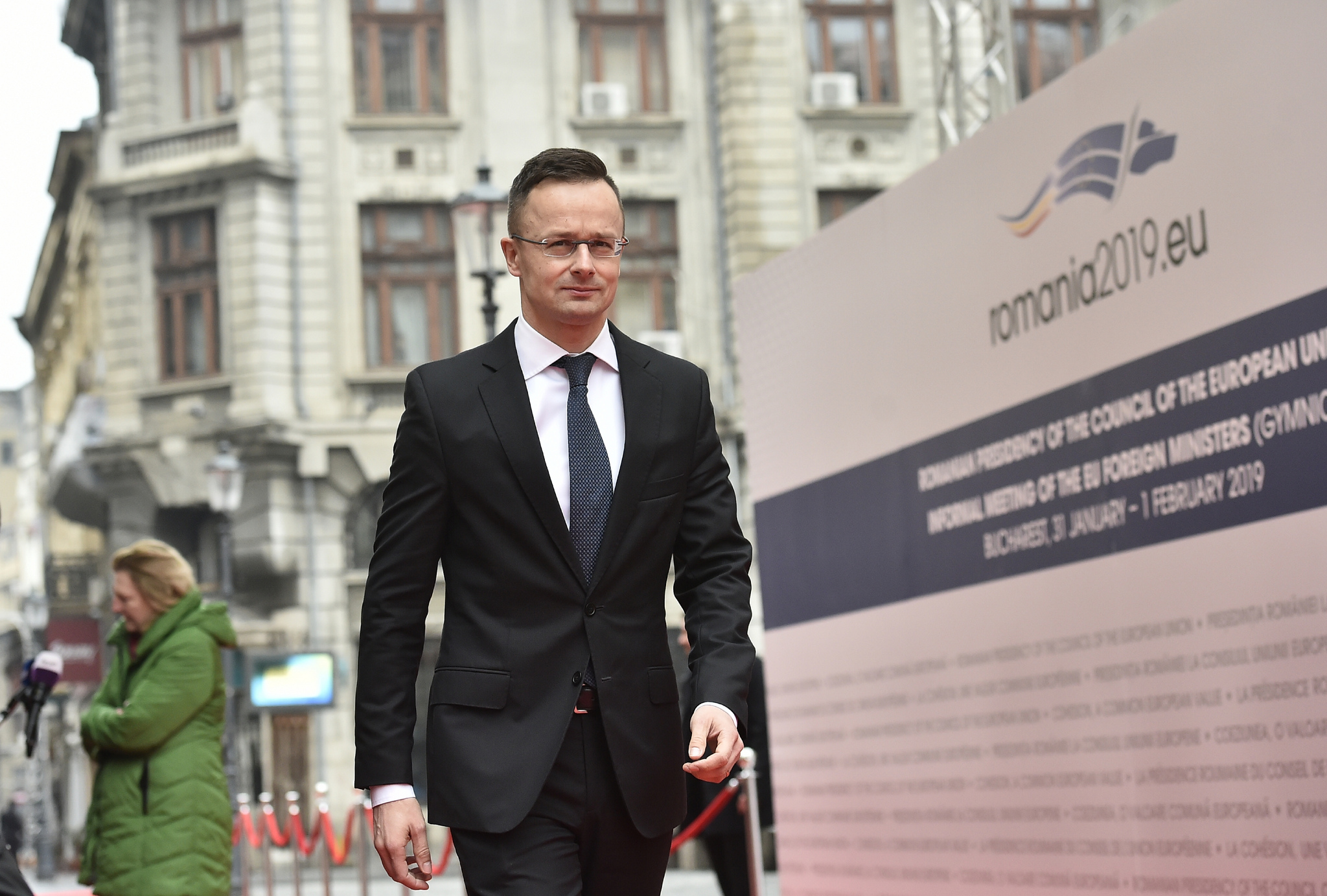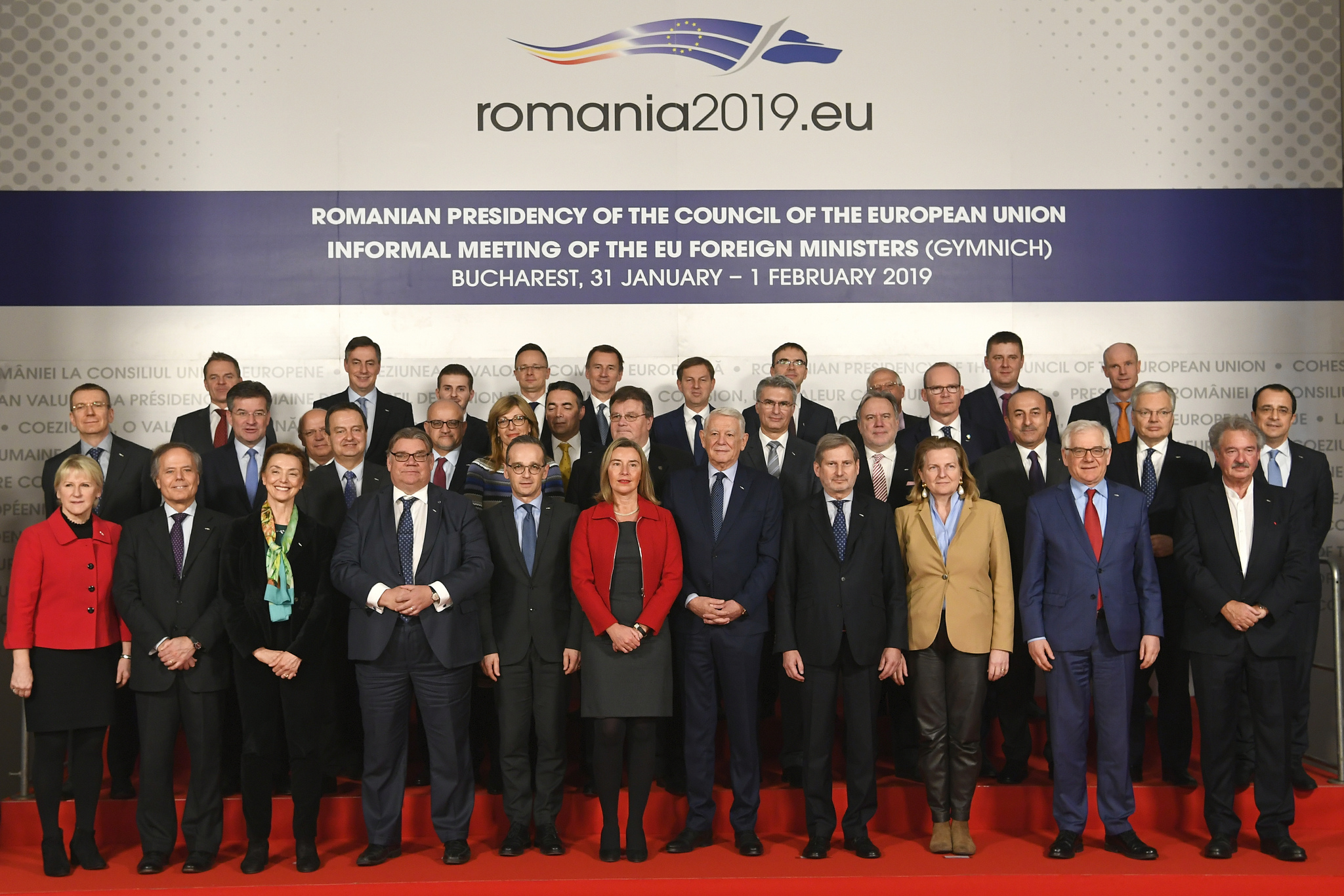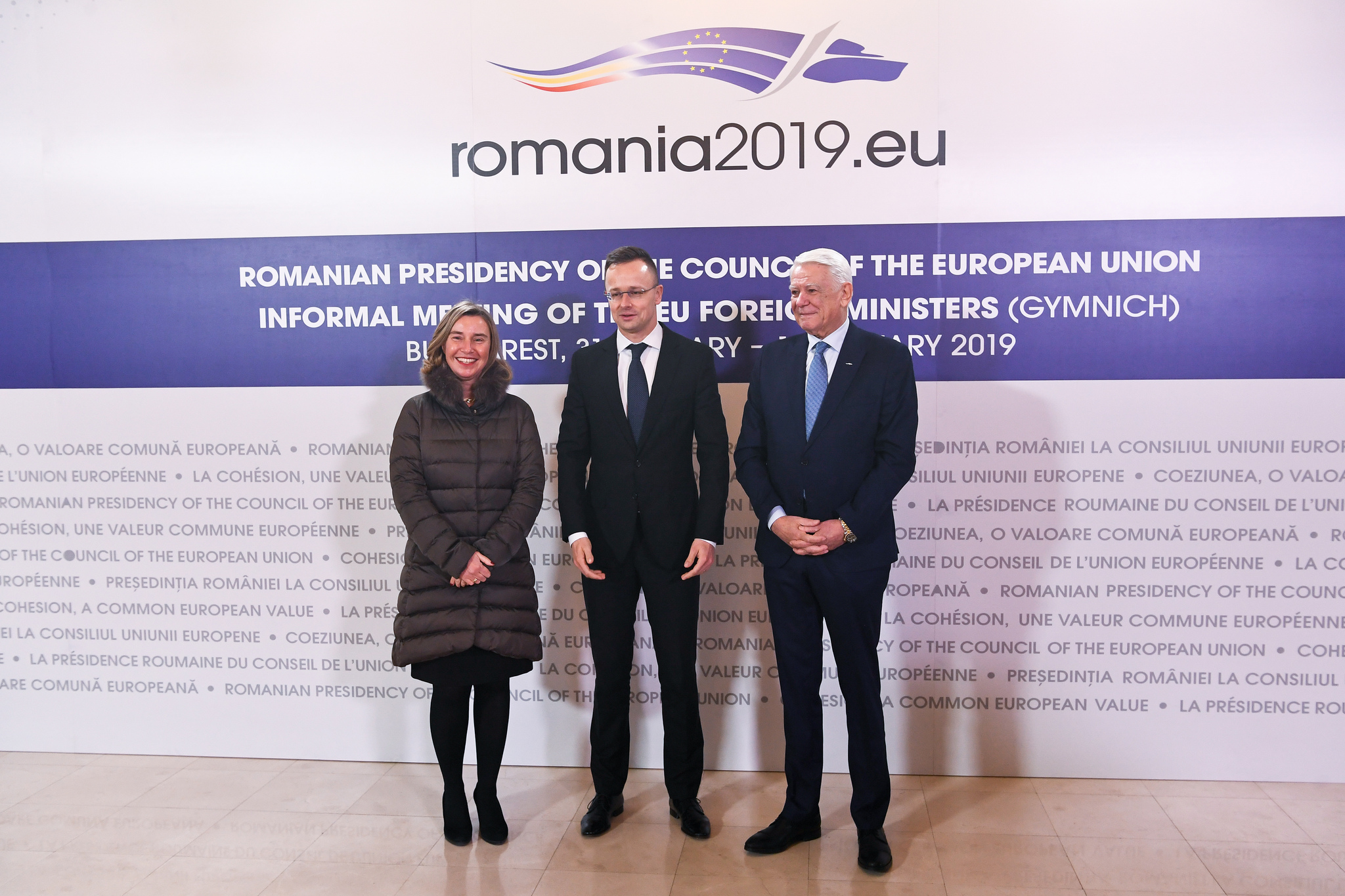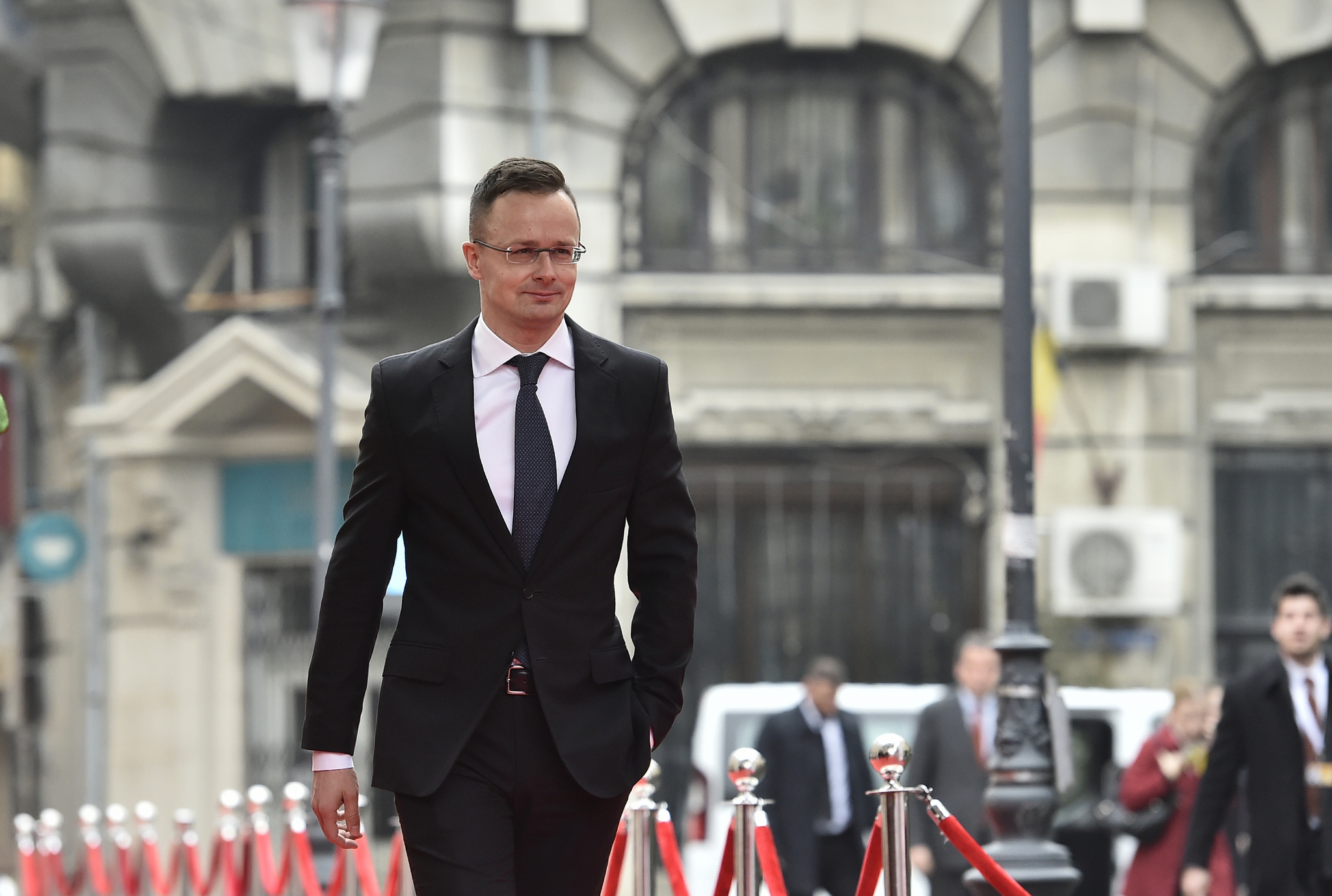Péter Szijjártó, Minister of Foreign Affairs and Foreign Affairs, took part in a two-day informal meeting of foreign ministers of EU Member States on 31 January-1 February 2019 in Bucharest, including the Venezuelan-Syrian crisis, the EU-China relationship and the second part of the meeting. candidate countries.
According to Péter Szijjártó, the Minister of Foreign Affairs and Trade, it is clear that China will soon be the world’s largest economy, and for this reason the success of European cooperation with China is of determining importance from the perspective of Europe’s future competitiveness. “The old dogma according to which capital can only flow from West to East in search of cheap labour is no longer true. Today, eastern companies are dictating the rate of transition of the global economy to at least a great as extent as western ones, and in fact in many sectors the technology required for future competitiveness is being developed in the East, and that is where it is first put into operation”, he explained. “Cooperation between China and Central Europe is fundamentally about infrastructure development projects towards which European resources are not open. Accordingly, the application of Chinese funding for North-South infrastructure development projects is in the interests of all of Europe, in addition to which this cooperation also means development projects for the Western Balkan region, which as a result could become more ready to join the EU and a lot earlier”.
Mr. Szijjártó also criticised Brussels for hindering the European integration of the Western Balkan countries, calling it unacceptable that the European Commission does not want Balkan enlargement until 2025, despite the fact that this is in Europe’s economic and security interests. “There is no need to wait another six years. We believe that accession could occur much more rapidly in the case of both Serbia and Montenegro. This would be in the economic and security interests of the whole of Europe, including Hungary. There are extremely serious tensions in the Western Balkans, which could be brought under control more rapidly if the European integration process were accelerated”.






